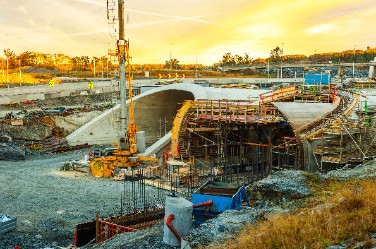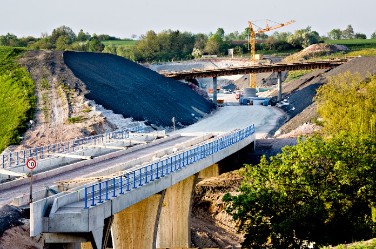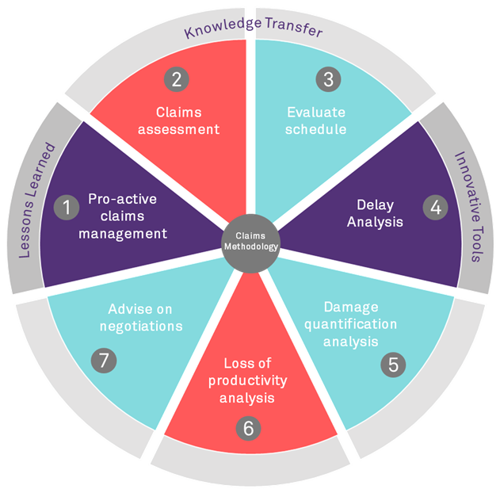Damages quantification analysis
Determine whether damages arising from the claims flow from the supervening event.
Establish cause and effect and a contractually robust route to recovery including counter arguments and positions.
Assess true cost and eliminate recovery of tendering errors through claim augmentation.
Review mitigating counter arguments such as concurrency, failure to issue timely notices and submission of unsubstantiated support information/evidence.
Loss of productivity analysis
Use industry-recommended practices to quantify the productivity loss.
Our preferred option is the Measured Mile approach. Alternative methods include EV Analysis/Work Sampling.
Negotiation and settlement
Prior to any negotiation, it is important to understand the strengths and weaknesses of both parties’ positions. For this reason, we provide an honest and reasoned claims verification.
Draft comprehensive and persuasive position papers, respond to queries, lead and participate in meetings, and provide a value stack approach to settlement scenarios.
Strategy advice for negotiations and tribunals (mediation, dispute boards, adjudication, arbitration and litigation).




